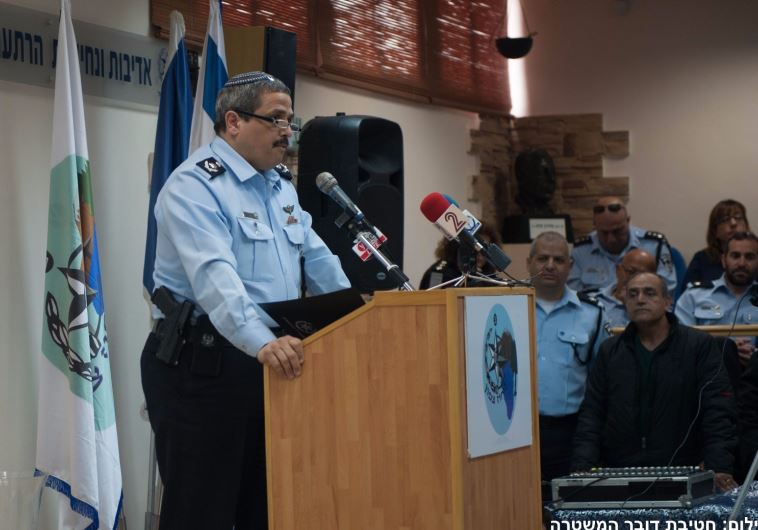Police chief: We don't want to be like the US, with masses of people in prison
Police chief Alsheich lays out his plan to win back the public's faith in speech to Israel Bar Association.
 Police Commissioner Roni Alsheich(photo credit: POLICE SPOKESPERSON'S UNIT)Updated:
Police Commissioner Roni Alsheich(photo credit: POLICE SPOKESPERSON'S UNIT)Updated: